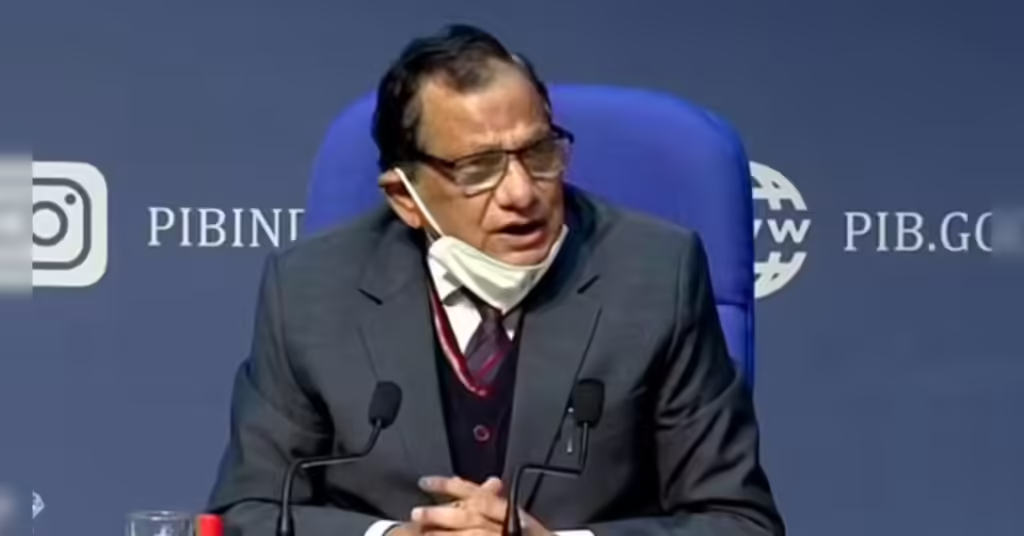In a pointed critique of India’s current healthcare infrastructure, Dr. Vinod K. Paul, Member (Health) of NITI Aayog, has called for urgent reforms to address glaring gaps in medical education, workforce distribution, and primary care delivery. Speaking at a policy dialogue hosted by the Centre for Social and Economic Progress (CSEP) in New Delhi, Dr. Paul warned that India’s health system is “underprepared” to meet future demands and is in urgent need of structural transformation.
A Doctor Deficit and a Failing System
Dr. Paul outlined a sobering projection: by 2040, India must triple its doctor-to-population ratio—from the World Health Organization’s (WHO) benchmark of 1 doctor per 1,000 people to 3 per 1,000—if it hopes to keep pace with the healthcare standards of developed nations. Currently, the pace of medical graduate production is insufficient, with specialists in disciplines such as surgery, cardiology, and psychiatry in acute short supply.
He highlighted a systemic flaw: a fragmented approach to medical education that overemphasizes specialization while neglecting the broader public health landscape.
Medical Education Under the Microscope
Dr. Paul sharply criticized the MBBS curriculum, describing it as “broken” and disconnected from the realities of India’s healthcare needs. “There is no real-world exposure to primary care, chronic disease management, or mental health,” he said, noting that disciplines like psychiatry receive less than a month of attention during internships.
He argued that the curriculum must be refocused to prepare medical graduates not only for clinical excellence but also for community-based care. “Our doctors are trained to be super specialists, not general physicians. That’s a dangerous imbalance,” he noted.
Where Are the Family Doctors?
A central theme of Dr. Paul’s address was the neglect of Family Medicine—a specialty he said was critical to building a functional health system grounded in continuity of care. India currently offers fewer than 100 postgraduate seats in Family Medicine annually, a number Dr. Paul described as “shockingly low” for a country of over 1.4 billion people.
He called on the National Medical Commission (NMC) to integrate family and emergency medicine more robustly into both undergraduate and postgraduate curricula, citing models used by institutions like AIIMS.
Reimagining Health as Human Capital
Positioning health as a cornerstone of India’s development, Dr. Paul emphasized the need to view the health workforce as national capital. “The shortage of trained doctors is not just a healthcare issue—it’s an economic and governance issue,” he said.
Dr. Paul urged policymakers to adopt a whole-of-government approach, engaging sectors beyond health—such as education, labor, and finance—to build a comprehensive human resource strategy. “Unless we invest in building a robust health system now, we will be unprepared for the demographic and epidemiological transitions ahead,” he concluded.


